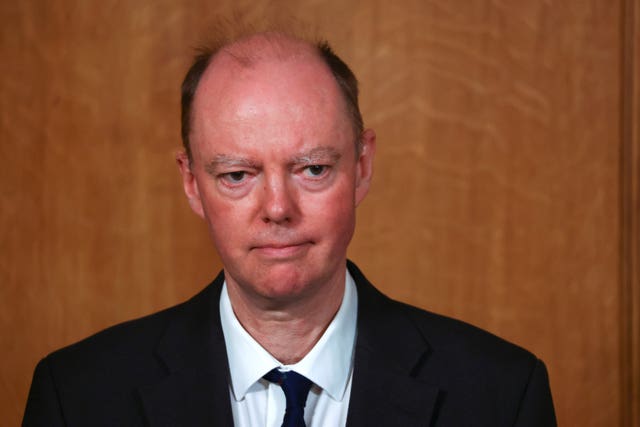Relaxing coronavirus restrictions throughout the UK over Christmas is a “mistake” which will have “consequences”, a public health expert has said.
Christmas
Linda Bauld, professor of public health at the University of Edinburgh, said she was concerned about people travelling from areas with high infections to parts of the country with lower prevalence of the virus.
The UK government and devolved administrations have agreed a joint plan to relax social distancing rules for five days over the festive period, between 23 and 27 December, allowing friends and family to hug for the first time in months.
But Bauld told BBC Breakfast:
From a public health perspective, I have to be perfectly honest, I think this is a mistake. I think people have to think very carefully whether they can see loved ones outside, or do it in a very modest way.
I’m also concerned about the travel, people going from high to low-prevalence areas. I think it’s going to have consequences.
However, Bauld added if the government reneged on the pledge then trust in politicians could erode further.
She went on:
I completely understand why governments are doing that. Behaviourally people are fed up.
If you’re meeting people indoors from other households, there’s poor ventilation, maybe older family members are in those bubbles, unfortunately because the virus hasn’t been eliminated… I think that means the Christmas period is a risk.
Rising cases
The latest coronavirus data shows, for the seven days to 7 December, of the 315 local areas in England, 179 have seen a rise in case rates, 135 have seen a fall, and one is unchanged.

Vaughan Gething, health minister for Wales, said the country faces an “incredibly serious situation” with a rising tide of infections since the relaxation of rules on 9 November.
He said the Welsh Government could theoretically break the agreement between Westminster and devolved administrations – but added it would cause a loss of trust.
He said:
There are huge issues here about trust in the government. If we were to upset those rules we would lose lots of trust from a large number of people who have stuck with us and we would also see I’m afraid a range of people prepared to ignore the rules.
Even with the agreement in place we’re likely to see a number of people go beyond that anyway. That’s why we are anticipating an increase after Christmas and why I expect there will be an increase after New Year’s Eve as well.
Professor Chris Whitty, England’s chief medical officer, earlier this week warned the public to be “very, very sensible” and not go “too far” over Christmas, which he called a “very risky period”.

New year
Scientists have already urged people to rethink Christmas amid rising infections, warning the country is heading towards “disaster”.
Just because people can meet up, it does not mean they should, according to Independent Sage. Independent Sage is also calling for a pandemic fuel allowance so people can keep their homes ventilated while at the same time turning up the heating to stay warm.
Professor Stephen Reicher, of the University of St Andrews, said:
Right now we are heading towards disaster.
Given high levels of infection across the country and the increasing levels in some areas (such as London) it is inevitable that if we all do choose to meet up over Christmas then we will pay the price in the new year.










